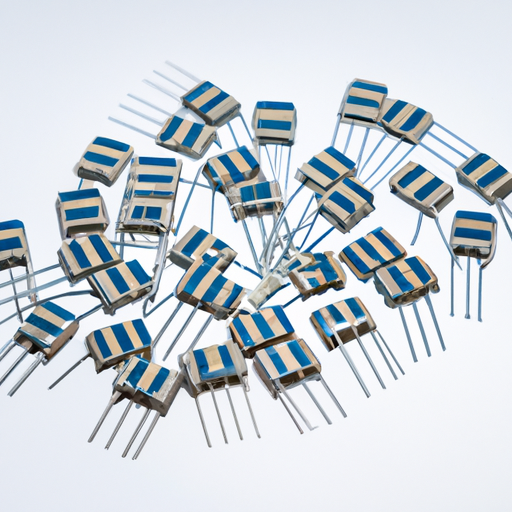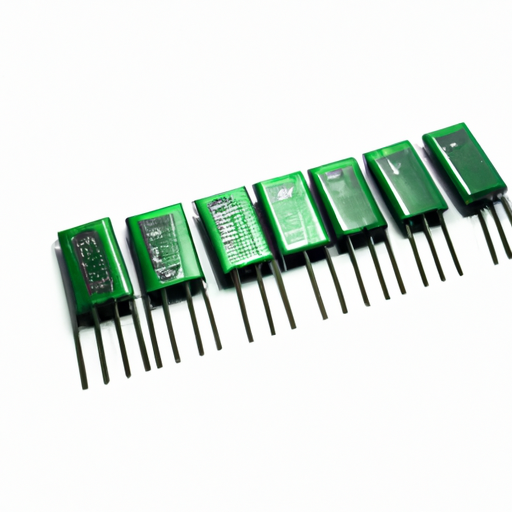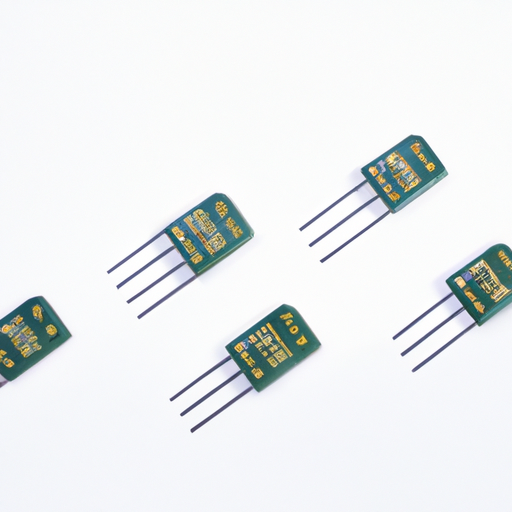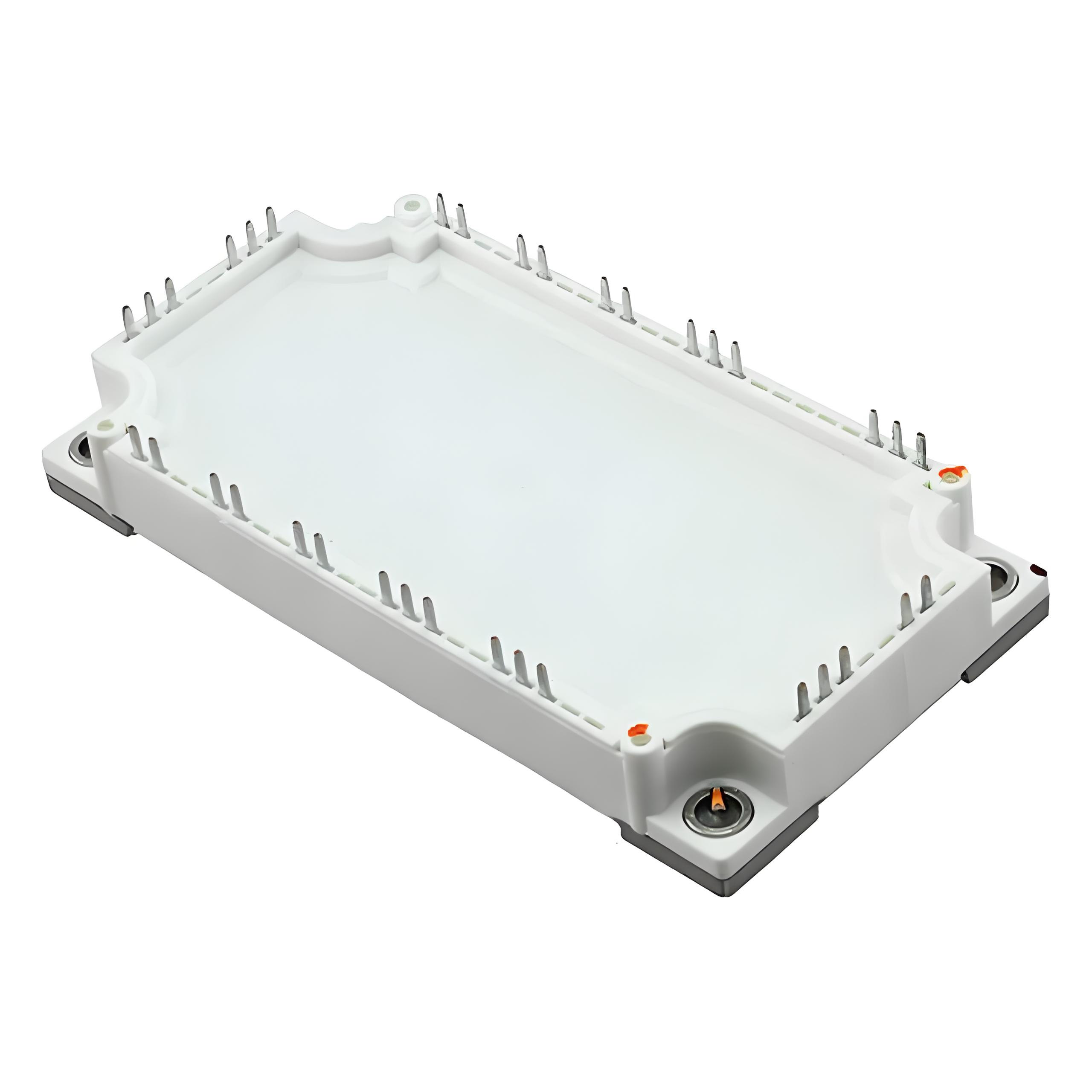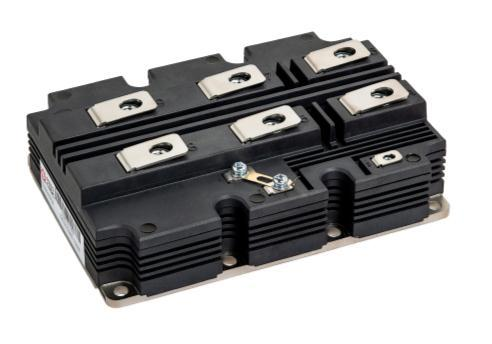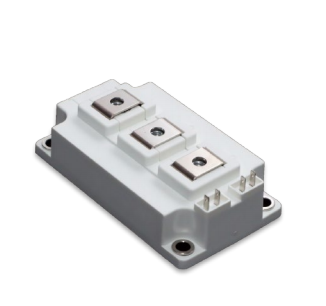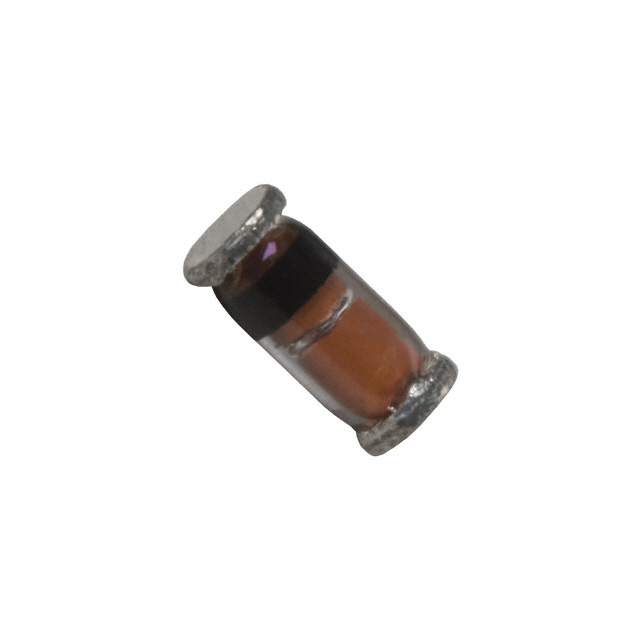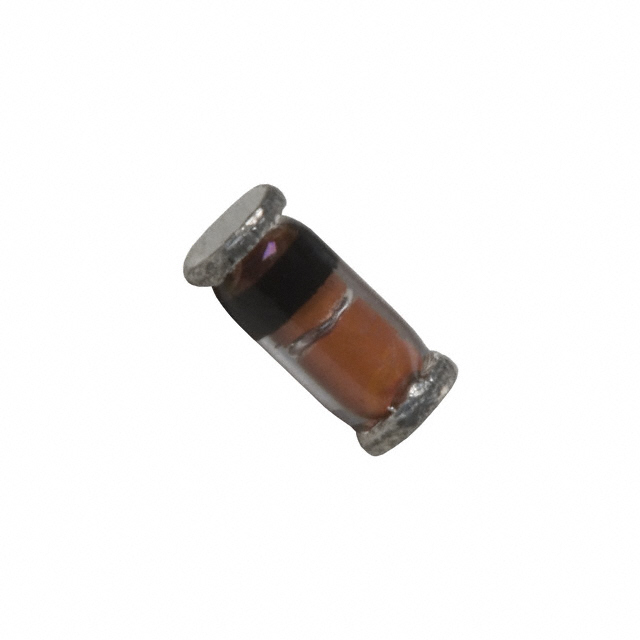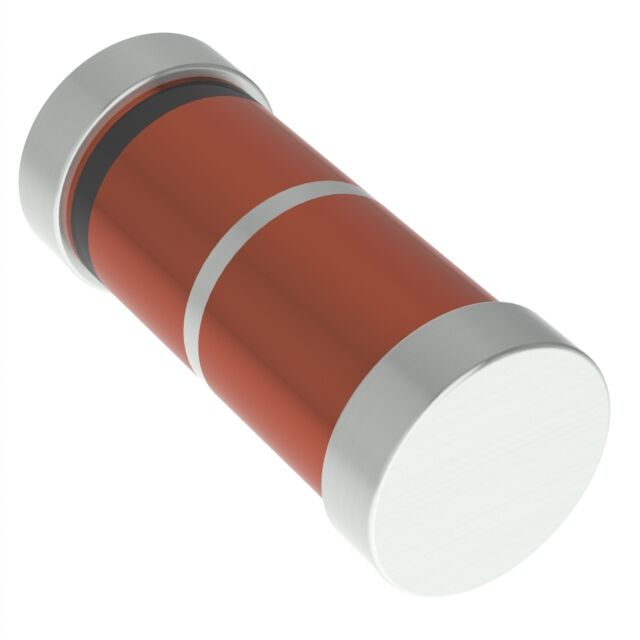CFR-25JB-52-20K Resistors highlighting the core functional technology articles and application development cases of Resistors that are effective.
System
Sep 04
0
Core Functional Technologies of Resistors1. Voltage Division: Resistors are integral to voltage divider circuits, allowing designers to obtain a desired output voltage from a higher input voltage. This is particularly useful in sensor applications, where precise voltage levels are necessary for accurate readings and further processing.
2. Current Limiting: In LED circuits, resistors serve to limit the current flowing through the LED, preventing potential damage. This application is essential for ensuring the longevity and reliability of lighting systems, making it a critical design consideration in consumer electronics. 3. Pull-Up and Pull-Down Resistors: These resistors are employed in digital circuits to maintain expected logic levels (high or low) when no active devices are connected. This is crucial for ensuring stable operation in microcontroller and logic gate applications.
4. Biasing: Resistors are used to set the operating point of transistors in amplification and switching applications. Proper biasing is essential for ensuring that transistors operate within their linear region, which is vital for signal integrity.
5. Filtering: In conjunction with capacitors and inductors, resistors are used to create filters that can selectively block or pass certain frequency ranges. This is particularly important in audio processing and communication systems, where signal clarity is paramount.
Application Development Cases1. Consumer Electronics: In devices such as smartphones and tablets, resistors are utilized in audio output circuits, power management systems, and signal conditioning. For instance, the CFR-25JB-52-20K can be effectively used in audio amplifiers to set gain levels, ensuring optimal sound quality.
2. Automotive Applications: Resistors play a vital role in automotive electronics, controlling functions such as dashboard display brightness and indicator circuits. Their reliability is crucial in ensuring that automotive systems function correctly under various conditions.
3. Industrial Automation: In PLC (Programmable Logic Controller) systems, resistors are essential in input/output modules to maintain proper signal levels and protect sensitive components from voltage spikes. This is critical for the safe and efficient operation of industrial machinery.
4. Medical Devices: Resistors are used in medical instrumentation to ensure accurate sensor readings. For example, they can be part of temperature sensors or ECG machines, where precise voltage levels are crucial for diagnostics and patient monitoring.
5. IoT Devices: In Internet of Things (IoT) applications, resistors are used in sensor interfaces and communication circuits. They help in signal conditioning, ensuring that data transmitted over networks is accurate and reliable, which is essential for effective IoT functionality.
Articles and Resources1. "Understanding Resistor Types and Their Applications": This article provides a comprehensive overview of different resistor types, including carbon film, metal film, and wire-wound resistors, discussing their characteristics and optimal use cases.
2. "Designing with Resistors: Best Practices": This resource outlines best practices for selecting and using resistors in circuit design, including considerations for tolerance, temperature coefficient, and power rating, which are critical for ensuring circuit reliability.
3. "The Role of Resistors in Signal Processing": An in-depth exploration of how resistors are utilized in various signal processing applications, including audio and RF circuits, highlighting their importance in maintaining signal integrity.
4. "Resistor Networks: Applications and Design": This article discusses the use of resistor networks in applications such as gain setting, filtering, and biasing, providing practical examples and design tips for engineers.
5. "Innovations in Resistor Technology": A review of recent advancements in resistor technology, including the development of precision resistors and their impact on high-performance applications, showcasing the evolution of resistor design.
ConclusionResistors like the CFR-25JB-52-20K are fundamental components in a wide array of electronic applications. Understanding their core functionalities and exploring various application cases can empower engineers and designers to make informed decisions when integrating resistors into their designs. The articles and resources mentioned provide valuable insights into the effective use of resistors in modern electronics, ensuring that designs are both efficient and reliable.
Read more


